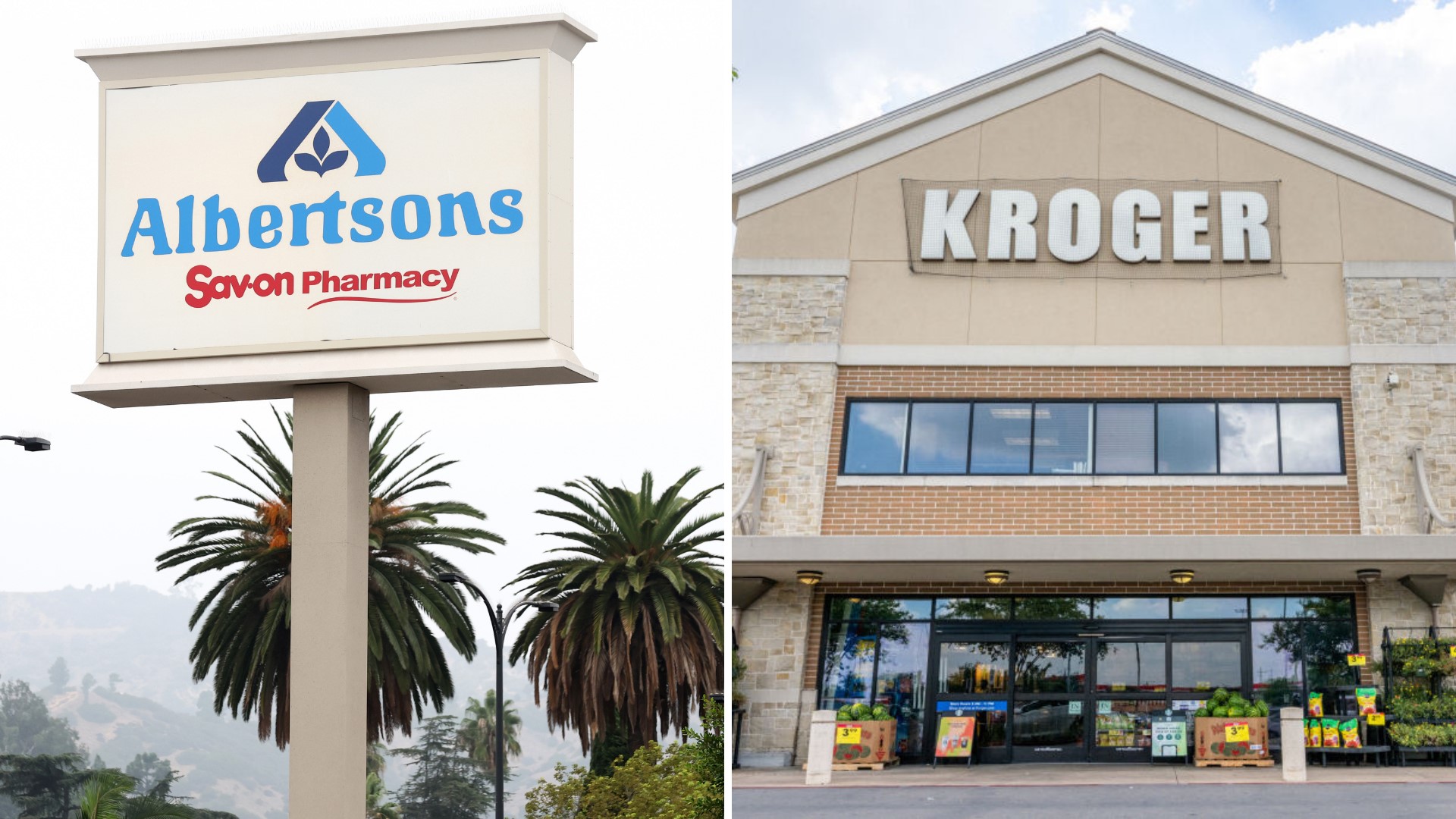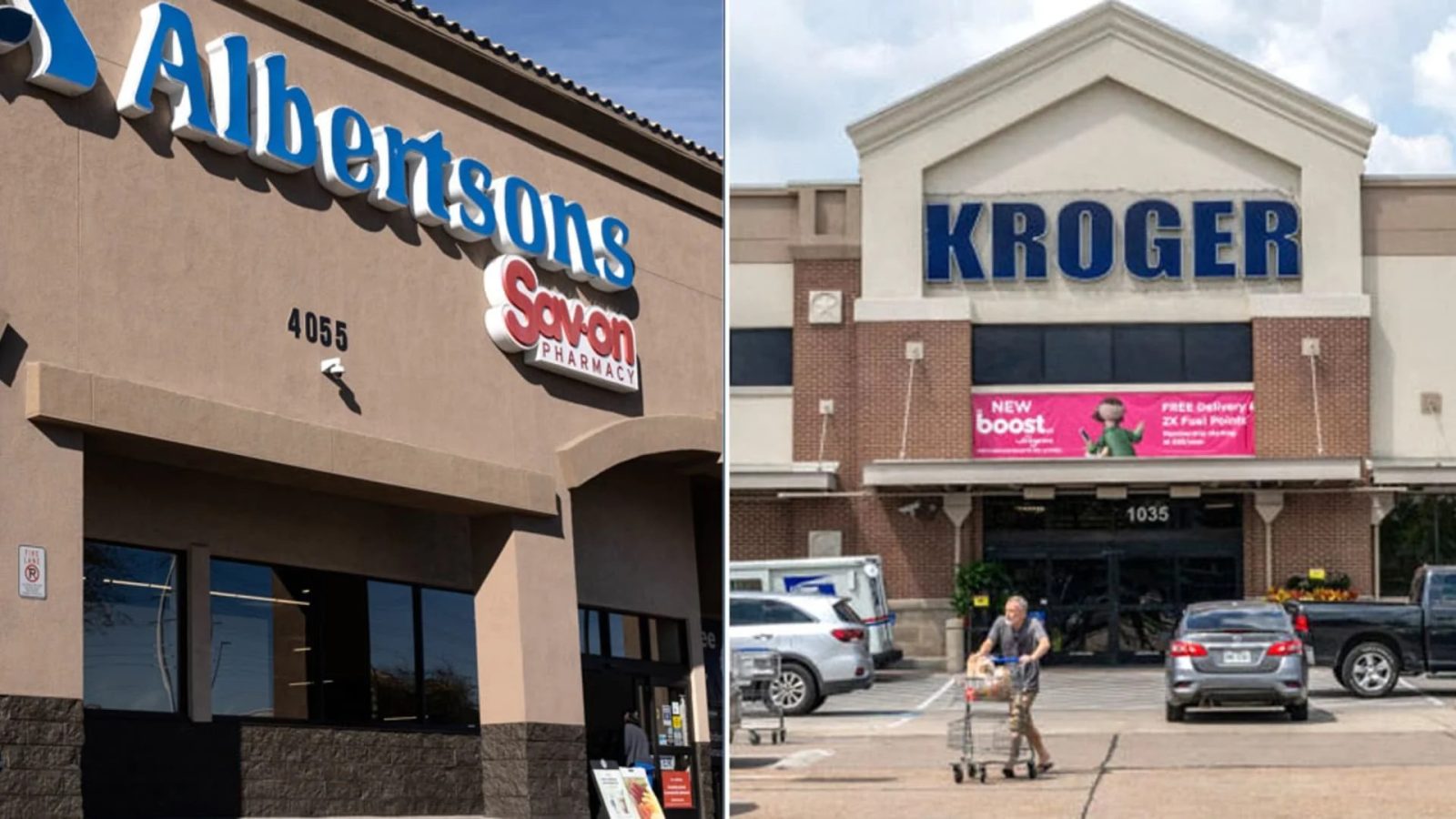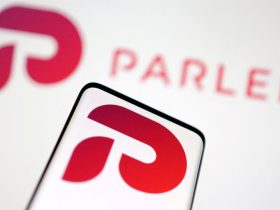On Monday, the U.S. Federal Trade Commission announced its decision to sue to block the merger of Kroger and Albertsons. The FTC argues that the merger would lead to higher prices for consumers and lower wages for employees.
In its release, the FTC stated it has filed an administrative complaint and authorized a federal court lawsuit to prevent Kroger’s $24.6 billion acquisition of Albertsons. This deal would create one of the largest grocery chains in the country.
Joining the FTC’s court complaint are nine attorneys general from Arizona, California, Washington D.C., Illinois, Maryland, Nevada, New Mexico, Oregon, and Wyoming.
“Kroger’s acquisition of Albertsons would result in increased grocery prices for everyday goods, exacerbating the financial difficulties faced by consumers nationwide,” said Henry Liu, director of the FTC’s Bureau of Competition.
“The essential workers in grocery stores would also be adversely affected by this deal, facing potential reductions in wages, diminished benefits, and worsening working conditions.”
Kroger responded by stating that blocking the merger would negatively impact the very groups the FTC aims to protect: consumers and workers.
“The FTC’s decision is likely to result in higher food prices and fewer grocery stores for Americans, who are already struggling with high inflation and food deserts,” the company said.
Albertsons criticized federal regulators for overlooking the growing market power of major retailers such as Walmart, Amazon, and Costco, arguing that the merger would strengthen these large players.
“We are disappointed that the FTC continues to apply an outdated perspective on the U.S. grocery industry,” the company said. “We look forward to presenting our case in court.”
The proposed merger between Kroger and Albertsons has been under review for over a year since it was announced in October 2022. The companies have argued that combining forces would help them better compete with larger retailers.
The FTC contends that the merger would be detrimental to both consumers and workers, particularly at a time when food prices and the costs of everyday items are rising.
The Biden administration has shown skepticism toward various mergers and has emphasized consumer protection as a key issue in President Joe Biden’s re-election campaign.

Kroger CEO Rodney McMullen has advocated for the merger, asserting that it would enable the combined entity to lower prices, enhance profitability, and accelerate innovation in the grocery sector.
Kroger has also pledged $500 million to reduce customer prices and $1 billion to improve employee wages and benefits.
However, the deal faces significant opposition amid persistent inflation. The United Food and Commercial Workers International Union and the Teamsters union, which represent Kroger and Albertsons employees, have both opposed the merger. Concerns about potential price increases and market concentration have also been voiced by some politicians.
The proposed merger would create a giant grocery chain that could close the market share gap with Walmart, the largest grocery retailer in the U.S. Kroger and Albertsons would combine their stores, with Kroger’s 24 supermarket banners, including Fred Meyer and Ralphs, and Albertsons’ chains such as Safeway, Acme, and Tom Thumb.
To address antitrust concerns, Kroger proposed selling over 400 stores and other assets, including distribution centers and private brands, to Piggly Wiggly owner C&S Wholesale Grocers.
However, the FTC has dismissed this proposed divestiture as inadequate, arguing it would result in “a hodgepodge of unconnected stores, banners, brands, and other assets” that would not effectively rival the combined Kroger and Albertsons.
The FTC also argues that the merger would reduce competition, which has historically led to improvements in customer experience, such as fresher produce, better private-label options, and additional services like flexible pharmacy hours and curbside pickup.
Moreover, the merger could diminish workers’ negotiating power by reducing the number of potential employers. In some markets, such as Denver, the combined entity would become the sole employer of unionized grocery workers.
As news of the FTC’s impending lawsuit emerged last week, a Kroger spokeswoman indicated that discussions with the FTC and state regulators were ongoing.
The company reiterated its belief that the merger would benefit both shoppers and workers, arguing that blocking the deal would strengthen non-unionized competitors like Walmart, Amazon, and Costco.
“Kroger will continue to lower prices, create good-paying union jobs, and expand access to fresh food for families in need,” the company stated.
On Monday afternoon, Kroger’s stock was trading approximately 1.7% lower, while Albertsons’ stock saw a slight increase.






Leave a Reply